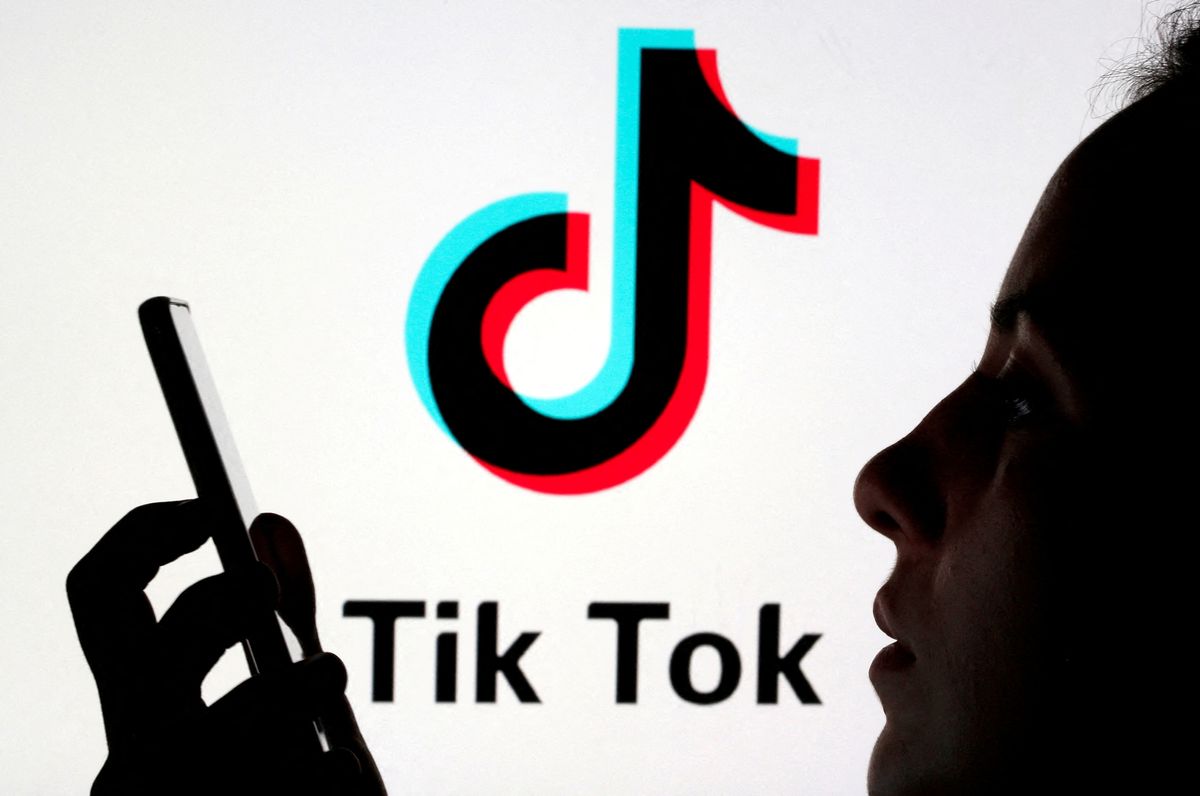TikTok unveils new security measures as international pressure heats up
TikTok has been in some pretty hot water these past few months.

A few minutes every morning is all you need.
Stay up to date on the world's Headlines and Human Stories. It's fun, it's factual, it's fluff-free.
The backstory: TikTok has been in some pretty hot water these past few months. In many Western countries, including the EU bloc, the US and Canada, governments have brought up security concerns with the app. The European Parliament, European Commission and the EU Council have banned TikTok from staff phones. The US recently did the same on government devices, and so did Canada. Some US politicians are even proposing a nationwide ban on TikTok, which would remove the app from most app stores and make it nearly impossible for Americans to access. Chinese firm ByteDance owns TikTok, and some countries worry that China's government can access user data through the app.
More recently: In January, TikTok announced its "Project Texas." This was meant to straighten out security concerns in the US. Project Texas would cost US$1.5 billion to build up. This plan includes creating a new subsidiary of TikTok to secure American data. TikTok would nominate directors for this subsidiary, and the US government would review and approve those nominees. The details of this plan are still unclear, but TikTok is looking at Texas as a possible place to store the data (hence the name).
The development: On Wednesday, TikTok announced a new data security plan nicknamed "Project Clover." It's similar to Project Texas because it involves moving where data is stored. This plan includes building three European data centers for storing info on TikTok's 150 million European users. This storage will be aided by an independent third-party company that'll supervise data access controls. These data centers would cost TikTok €1.2 billion (US$1.3 billion) a year to keep up.
Key comments:
"The Chinese government has never asked us for data and if they would, we would refuse to do so," Theo Bertram, TikTok's European policy chief, told reporters.
"We are a pro-compliance company. Tell us what the problems are, and then let's work together on the solutions. That's been our approach in the US, that's been our approach everywhere," said Bertram.
"It would be hard to deny that we're caught up in those very broad geopolitics that really have nothing to do with us," said TikTok's US head of public policy Michael Beckerman. "Almost all the major tech companies also have engineers in China. And so some of these concerns would extend to all these companies- but that's why we're building out the system to ensure that there's no doubt that data is secure."
"We have no evidence to suggest there is a necessity to ban people from using TikTok. That would be a very, very forthright move … that would require a significant evidence base to be able to do that," said Michelle Donelan, the UK's secretary of state for science, innovation and technology, last month.




Comments ()